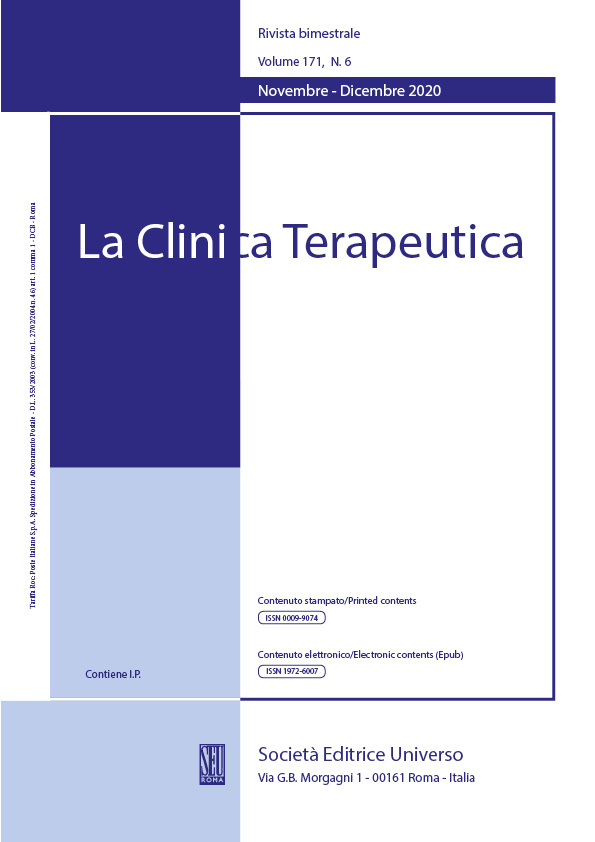Abstract
Law 40/2004, the Italian piece of legislation governing access to assisted reproductive technologies (ART), is relatively young, compared to the number of years that have passed since the first attempts at ART in the world. Still, such a law has undergone several revisions in recent years, mostly by court rulings, and such changes are indeed necessary in light of the constant evolution in ART innovations. Then, the COVID-19 pandemic struck on a global scale, disrupting virtually all aspects of social and economic life. COVID-19’s impact on fertility has to do, although it is not limited to, the distribution and function of ACE2 in the female reproductive system: such receptors are in fact expressed extensively in the ovaries, uterus, vagina and placenta. We point out that overcoming the “demographic winter” Italy has been going through, compounded by the pandemic, will require major adjustments in the way we ensure access to ART services in an equitable, sustainable and affordable fashion for all who wish to fulfill their reproductive potential and have been prevented to do so by legal, regulatory and financial factors.
